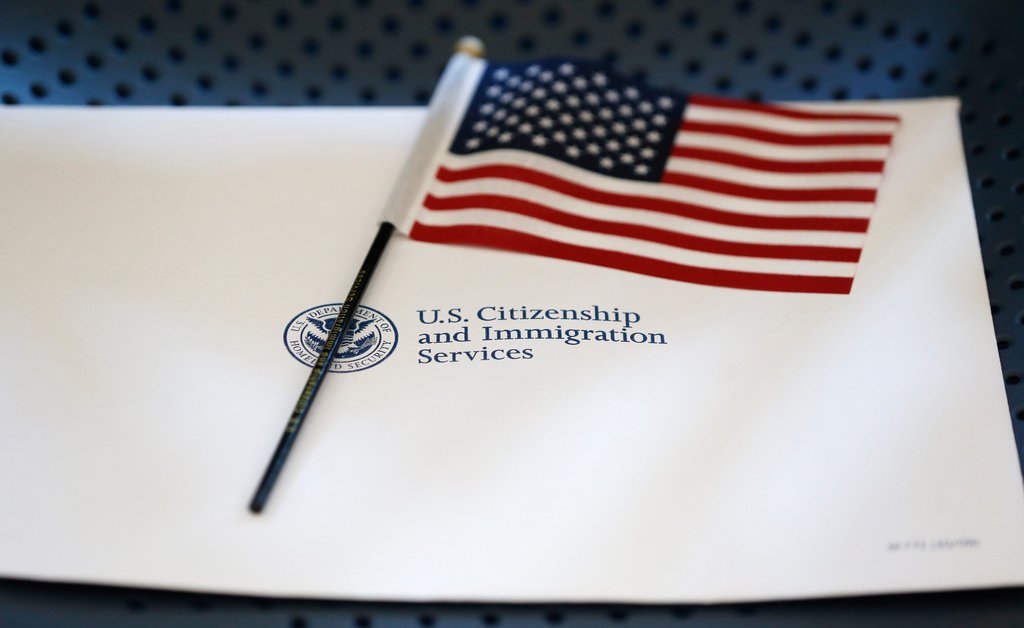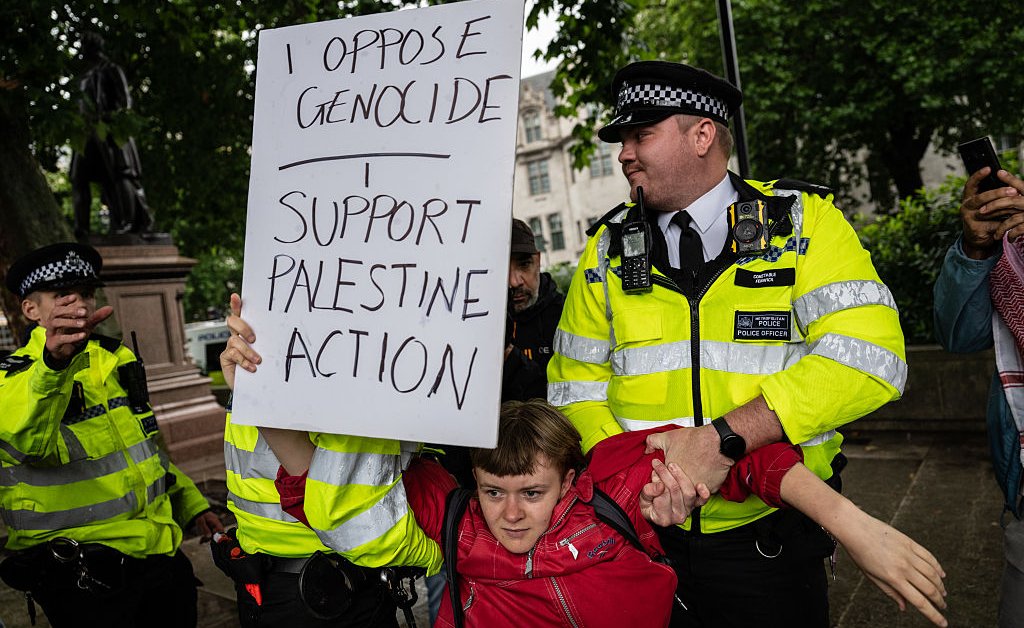Immigrant youths who have suffered abuse, neglect, or abandonment sued the Trump Administration on Thursday for ending a policy that protected them from deportation and enabled them to work legally in the U.S.
U.S. Citizenship and Immigration Services (USCIS) announced last month that it would no longer grant young immigrants with Special Immigrant Juvenile Status (SIJS) a classification that offered those protections, after quietly ceasing to do so earlier in the year.
The plaintiffs and others with SIJS, a pathway to legal residency given to youth who arrive in the U.S. under the age of 21 and have been abused, neglected, or abandoned by a parent, were granted a status known as deferred action under a Biden-era policy.
Immigration backlogs can last for years because of limits on the number of green cards USCIS can grant per year, often making changes in immigration status a lengthy process. But under the 2022 policy, SIJS recipients were automatically eligible for deferred action, allowing them to legally work in the U.S. and protecting them from deportation until they were able to adjust their status.
Beginning in April, however, USCIS began neither approving or denying SIJS recipients’ work permit applications. The agency issued a policy alert months later stating that it would no longer be granting deferred action for undocumented immigrants with SIJS status.
Now, a coalition of immigrant youths with the status is asking that the 2022 policy be reinstated.
The lawsuit seeks class-action status to sue on behalf of the broader group of people impacted by the Trump Administration’s policy change.
“The proposed class are people who have a legal path to apply for a permanent resident visa that Congress created. And while they’re here, they were under the deferred action policy, able to support themselves,” John Magliery, a partner at Davis Wright Tremaine LLP, a law firm representing plaintiffs in the suit, tells TIME. “This puts them in a precarious position and also puts additional burdens on other social safety nets that they might be able to avoid if they could support themselves.”
USCIS spokesman Matthew J. Tragesser told TIME in a statement that the agency “does not comment on pending litigation” as a “matter of practice.”
The policy change impacts both newly accepted SIJS recipients and those who have already received deferred action and are due for renewal.
More than 100,000 SIJS recipients were awaiting their green card as of 2023, according to a report by the End SIJS Backlog coalition. Recipients come from 151 countries and live in every U.S. state, with the highest numbers in New York, California, and Maryland. Attorneys for the plaintiffs—who have expressed desires to be astronauts, lawyers, and medical professionals, according to the legal complaint—say that SIJS recipients have expressed serious fear that they could be uprooted from their home to the U.S.
Nineteen lawmakers sent a letter to Homeland Security Secretary Kristi Noem in June asking for clarification about the changing policy, citing concerns due to “reports from practitioners of increased occurrences of detention and deportation of SIJS recipients.”
The young immigrants are joined by The Central American Refugee Center and Centro Legal de la Raza in their lawsuit against the Trump Administration.
“The government has said, ‘We agree that you should not return to your country. It’s not safe for you there,’” says Rachel Davidson, director of the End SIJS Backlog Coalition at the National Immigration Project. “They’ve been granted a pathway to that protection, and they deserve it.”








